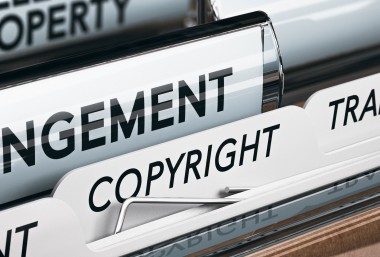You are probably aware of the current fad which sees participants pour buckets of icy water over themselves and loved ones. Perhaps you've even been drenched yourself. The aim of this challenge is to raise awareness (and hopefully cold hard cash) for charity. In the US, the Ice Bucket Challenge is predominantly associated with the ALS Association - a non-profit organisation established in 1985 to help fight Lou Gehrig's disease. To date, the Ice Bucket challenge has reportedly received more than US$100 million in donations from participants around the world.
The ALS Association recently applied to register trade marks for ICE BUCKET CHALLENGE and ALS ICE BUCKET CHALLENGE, but after some serious backlash against this move, including one US trade mark attorney who deemed the applications a 'shameful' ploy to stop other charities from using the phrase, it has now withdrawn the trade mark applications.
Charities regularly apply to register words, phrases or logos connected with their fundraising activities as trade marks. In New Zealand, for example, trade marks including LOUD SHIRT DAY, MOVEMBER, and DRY JULY are all registered for various goods and services related to charitable fundraising.
There are good reasons for charities, who invest significant time and money into building a reputation in their events or activities, to make sure no one takes unfair advantage of their good name. If you come up with a great fundraising idea, the last thing you want is someone else using it to make money for themselves. This can be confusing to consumers, as well as potentially costing you valuable donations.
Complications for charities when protecting IP
Where things can become complicated for charities is if their trade mark or fundraising idea is descriptive or perhaps perceived by some as 'public property'. Clearly some people felt (rightly or wrongly) that ICE BUCKET CHALLENGE was merely descriptive and that no single charity should be able to monopolise the fundraising idea by trying to own the words.
There seems to be more of a backlash when charities file trade mark applications than when a business does. This is presumably because people perceive such trade marks will be used against other charities. And that is not so appealing from a PR perspective. People may also consider that charities should not use their funds to pay lawyers to protect their intellectual property (IP).
But the reality is, that IP is an important asset and needs to be protected whether you are a business or a charity. Charities need to be able to stop other charities fundraising off their coattails. They also have to be able to prevent businesses from unfairly benefiting by unauthorised co-branding. And it is important that people who want to donate, can do so with secure knowledge of who they are donating to. So allowing charities to protect their IP, itis equally in the public good.
When charities are deciding whether to protect their IP, careful consideration should be given to both the legal and PR consequences of doing so. Trade marks are a valuable asset and it is always smart to think about IP protection when you come up with a new idea. But it is also important to think about what you are trying to achieve, and the best way to go about it.





